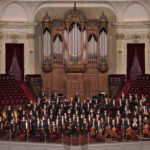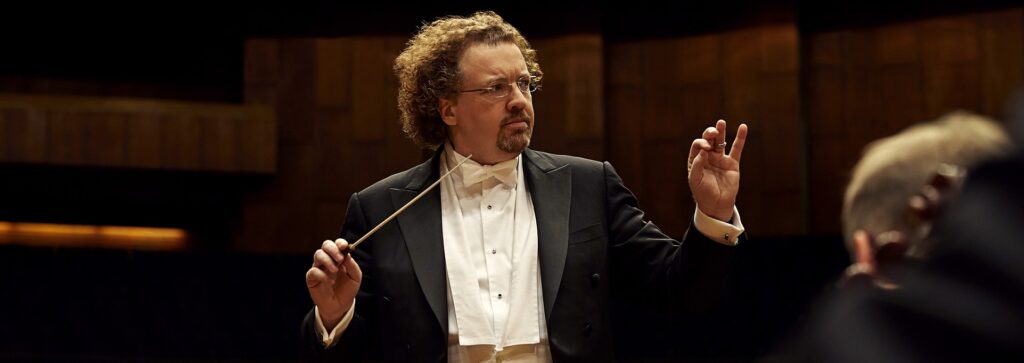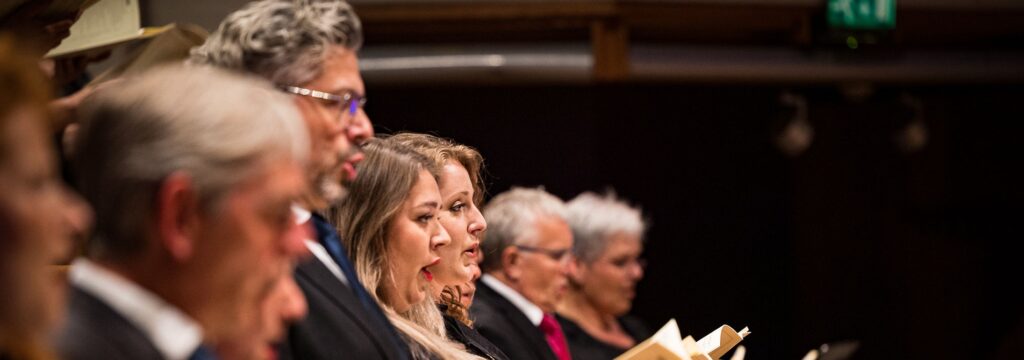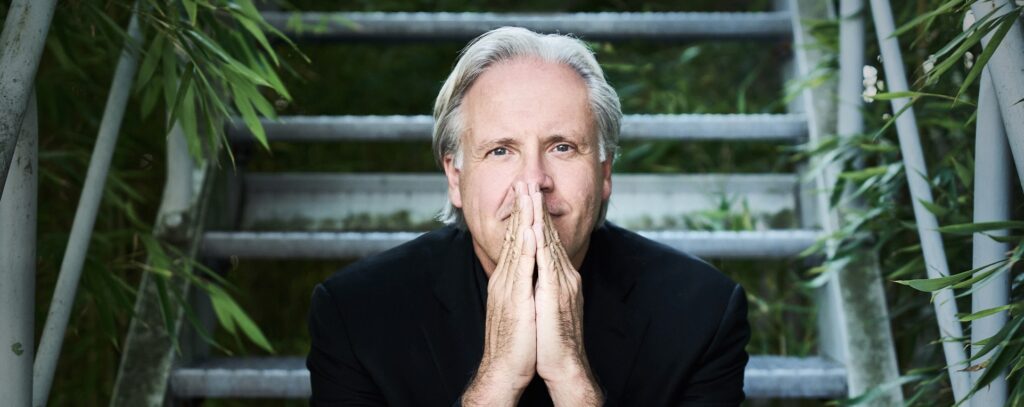

CANCELLED due to Coronavirus - Shostakovich's Ninth
Programme
- Strauss Till Eulenspiegels lustige Streiche
- British Les illuminations
- Mahler What the wild flowers tell me
- Shostakovich Ninth symphony
Till Eulenspiegel, based on the adventures of a medieval knave, is among the most cheerful and uncluttered music written for a symphony orchestra at full strength, think of a Jan Steen pub scene but in music. Learned musicologists once asked Strauss about the deeper meaning of this musical farce. Were there any double entendres in it? The typical Strauss answer: 'Are you crazy, I just want to give the audience a heartily enjoyable evening with it.'
Shostakovich's Ambiguous 'Victory Symphony'
Double entendres or messages are more commonly attributed to Dmitri Shostakovich. In any case, with his Ninth Symphony of 1945, he put the Communist Party bosses on quite the wrong foot. The Soviet authorities were expecting a heroic victory symphony but Shostakovich wrote a work that, as so often, evoked confusion: was it cheerful or, under the surface, tragic? The party coterie was left in confusion; what had they been listening to? A feeling that was aptly characterized by the critic Daniel Zhitomirsky, who praised Shostakovich's Ninth Symphony: "I remember how strongly I felt that this was a breakthrough, something important that would have far-reaching consequences - although at first glance you might not think so. On the surface there is a playfulness and carefreeness that sometimes sounds really festive, but then that material takes on tragic and grotesque forms.' In short, one can say all sorts of things about this symphony, but each may think his or her own way about it.










